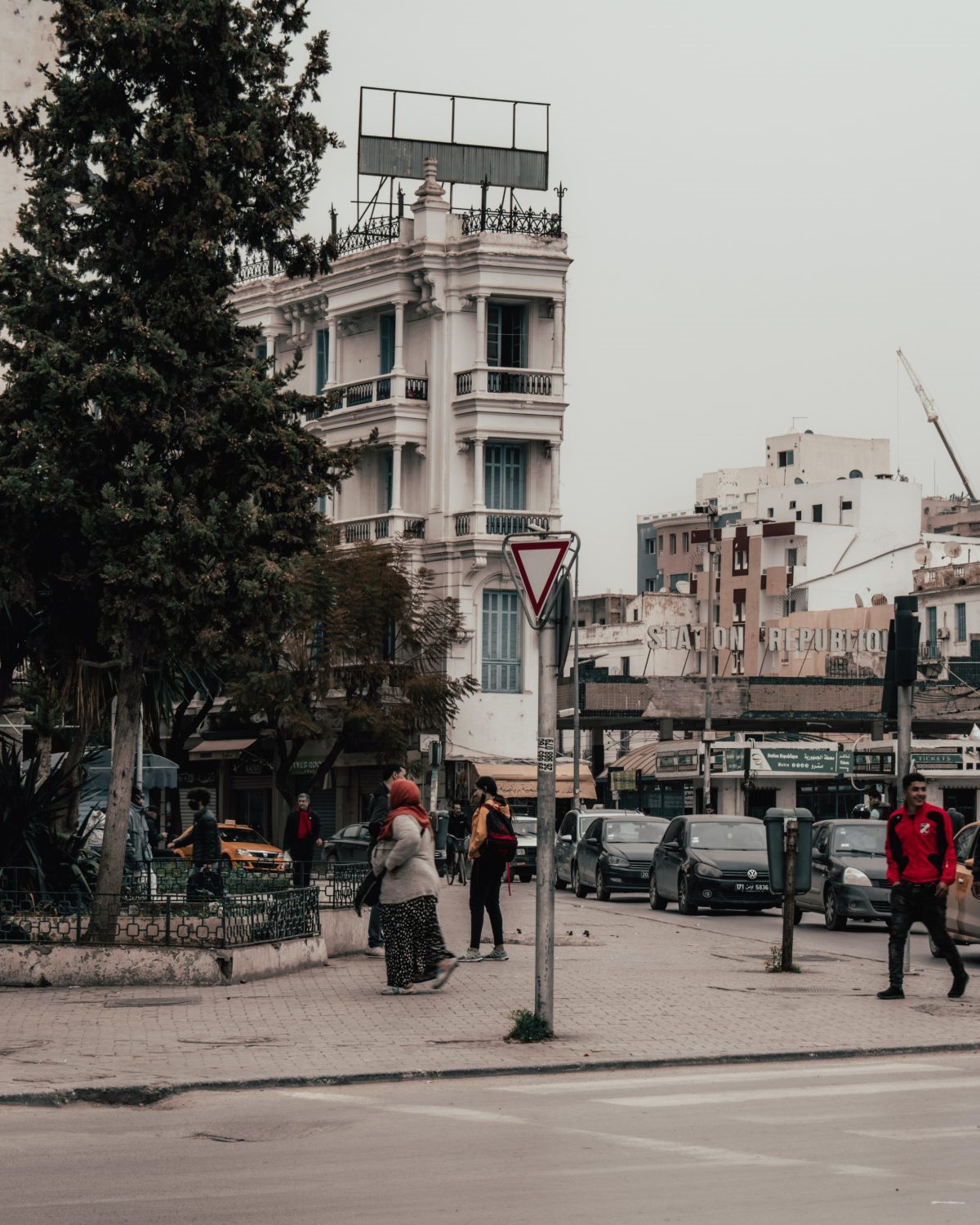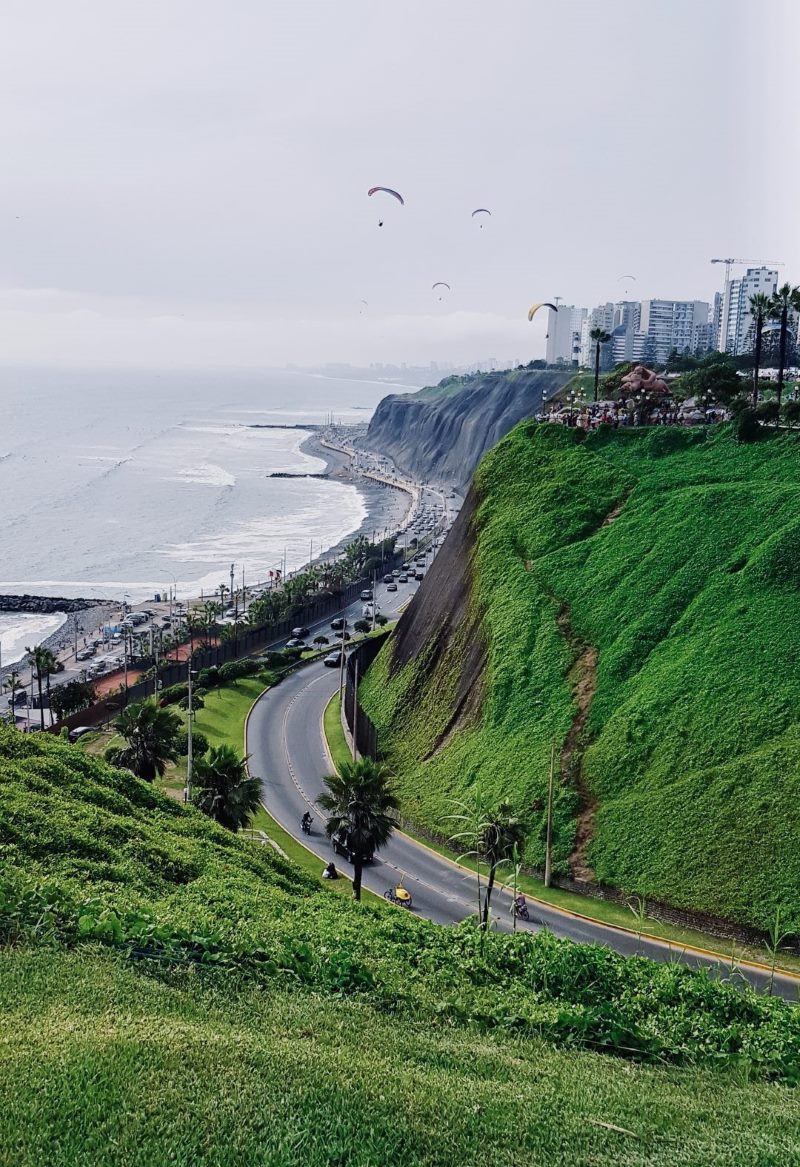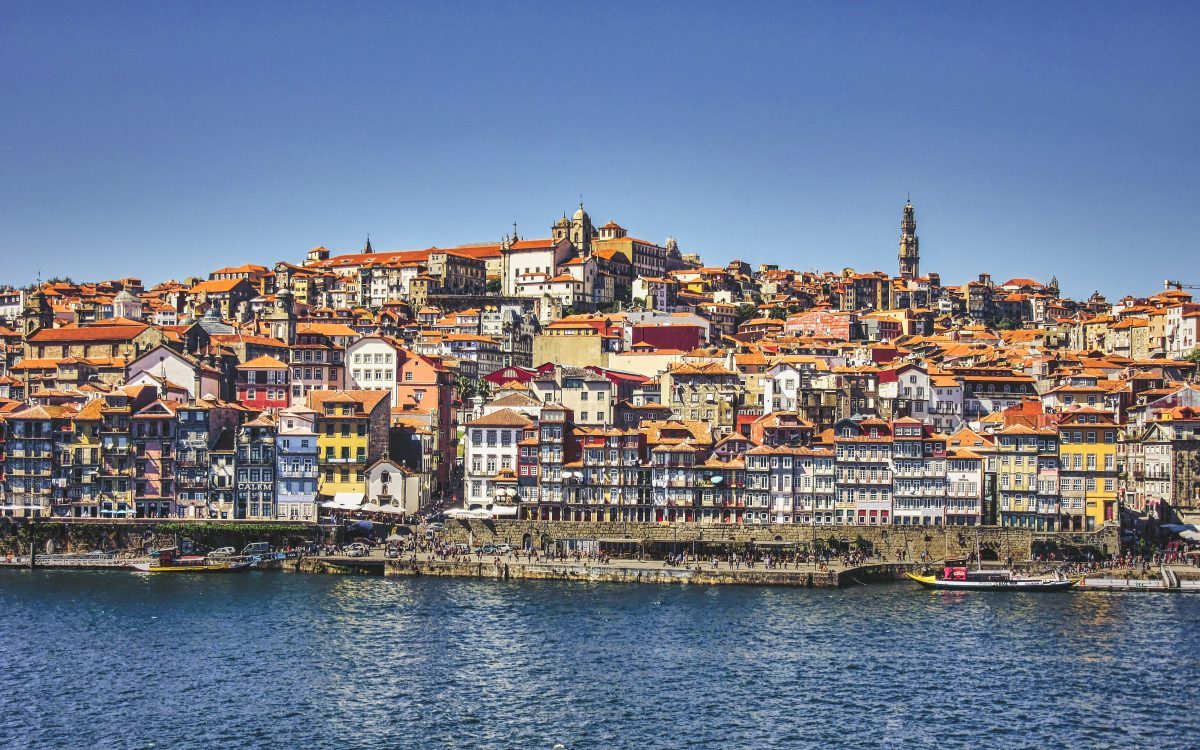How to Experience the Full Day Jeju West Course Tour With Lunch
Jeju Island lies off the southern coast of South Korea and is known for its scenic beaches, soaring cliffs, and dense forests. It’s a popular destination for honeymooners and adventurers alike, and on this full-day tour, you’ll explore the west coast with a licensed guide to discover what makes this UNESCO-listed island so special. From hiking through pretty Suwolbong to indulging in a buffet lunch in a 4-star hotel, this tour covers top attractions including Chagwido Island, the Cheonjeyeon waterfalls, and Hyupjae beach.Overview of the Full Day Jeju West Course Tour With Lunch
The full-day tour of Jeju Island’s west coast takes you to some of the island’s top attractions, including Cheonjeyeon waterfalls, Hyupjae beach, and Suwolbong. You’ll learn about Jeju’s rich tea-growing culture and indulge in a delicious buffet lunch at a 4-star hotel. Along the way, your licensed guide will share insights into what makes this UNESCO-listed island so special, including its soaring cliffs, scenic beaches, and dense forests. This is an excellent tour option for those who want to see the best of Jeju’s natural beauty.What’s Included in the Full Day Jeju West Course Tour With Lunch
The Full Day Jeju West Course Tour With Lunch includes the following: – Licensed guide: You’ll be accompanied by a licensed guide who will provide insight into Jeju’s rich tea-growing culture and share knowledge about the island’s history. – National Park fees: National Park fees are included in the tour price, which means you won’t have to worry about any extra costs associated with visiting Jeju’s natural attractions. – Buffet lunch in a 4-star hotel: You’ll indulge in a delicious buffet lunch at a 4-star hotel along the way, giving you the chance to sample local cuisine and relax in luxury. – Personal expenses: Personal expenses such as souvenirs or drinks not included in the tour are at your expense. – Alcoholic drinks: Alcoholic drinks are available to purchase, but they are not included in the tour price. – Food and drinks unless specified: Meals or drinks that are not specified in the tour itinerary are not included in the tour price.Full Day Jeju West Course Tour With Lunch Itinerary
The Full Day Jeju West Course Tour With Lunch itinerary includes the following attractions:Chagwido Island
The first stop on the tour is Chagwido Island, located off the coast of Jeju Island. You’ll take a ferry to the island and hike to the top of the hill, where you can take in stunning views of the surrounding sea and landscapes.Cheonjeyeon Waterfalls
The Cheonjeyeon Waterfalls are a three-tiered waterfall system, surrounded by dense forests and lush vegetation. You’ll take a leisurely hike through the area, stopping to marvel at the crystal-clear waters cascading down the falls.Suwolbong
Suwolbong is a pretty hill with fantastic views of the coastline, and on this tour, you’ll enjoy a guided hike through the area. You’ll have plenty of opportunities to take photographs of the surrounding sea, forests, and mountains.Hyupjae Beach
The final stop on the tour is Hyupjae Beach, one of Jeju’s most beautiful beaches. You’ll enjoy some free time to relax on the shore, take a swim in the sea, or explore the local area.Meeting and Pickup Details
The meeting point for the tour is in Jeju Island, and pickup arrangements will be confirmed upon booking. You’ll need to present your voucher to the guide upon pickup.Booking the Full Day Jeju West Course Tour With Lunch
To book the Full Day Jeju West Course Tour With Lunch, simply visit the official tour page on Viator and follow the prompts. Reservations are required, and advance booking is recommended to avoid disappointment. The tour is suitable for all ages and fitness levels, and provides an excellent opportunity to explore the natural beauty of Jeju Island.Book Your Tour Now
The Full Day Jeju West Course Tour With Lunch is an excellent way to explore Jeju Island’s west coast and discover what makes this UNESCO-listed island so special. From hiking to picturesque vistas to indulging in a delicious buffet lunch in a luxury hotel, this tour covers top attractions including Chagwido Island, the Cheonjeyeon waterfalls, and Hyupjae beach. With a licensed guide to accompany you and provide insight into Jeju’s rich tea-growing culture, this tour is a must for anyone visiting the island.
FAQ about Jeju Island
Jeju Island is a popular tourist destination situated in the southern part of South Korea. Also known as the “Island of the Gods,” Jeju Island is famous for its natural beauty, stunning landscapes, unique culture, delicious food, and friendly people. In this FAQ, we will answer some of the most common questions about Jeju Island.1. What is Jeju Island?
Jeju Island is the largest island in South Korea, located in the Jeju Province. It covers an area of approximately 1,849 km² and has a population of around 660,000 people. Jeju Island is a volcanic island and has a unique geography, with many natural attractions such as volcanic craters, waterfalls, beaches, and caves.2. How do I get to Jeju Island?
The easiest and most common way to get to Jeju Island is by taking a flight from Seoul, Busan or Daegu. The flight takes approximately one hour, and there are several flights per day. You can also take a ferry from several ports in South Korea, such as Mokpo, Busan, and Incheon. However, the ferry ride can take up to 13 hours, depending on the port of origin.3. What are the best things to do in Jeju Island?
There are plenty of things to do in Jeju Island, depending on your interests. Some of the popular activities include:a. Visit the UNESCO World Heritage Sites
Jeju Island has three UNESCO World Heritage Sites, including Jeju Volcanic Island and Lava Tubes, Seongsan Ilchulbong Peak, and Hallasan National Park. These sites are a must-visit for anyone interested in history, nature, and culture.b. Enjoy the Beaches
Jeju Island has many beautiful beaches, including Hyeopjae Beach, Jungmun Beach, and Sehwa Beach, which are famous for their crystal clear waters, pristine sandy shores, and stunning sunsets.c. Experience the Culture
Jeju Island has a unique culture, different from mainland Korea. You can visit the Folklore and Natural History Museum of Jeju to learn more about the island’s history and culture, or attend one of the many cultural festivals that take place throughout the year.d. Hike Hallasan Mountain
Hallasan Mountain is the highest peak in South Korea, standing at 1,950 meters above sea level. It is a popular hiking destination for locals and tourists alike, with breathtaking views of the island’s natural landscapes.4. When is the best time to visit Jeju Island?
The best time to visit Jeju Island depends on your preferences. Spring (March to May) and autumn (September to November) are considered the best seasons, with mild weather, fewer crowds, and beautiful scenery. Summer (June to August) is the peak tourist season when the island is crowded with visitors, but the weather is warm and ideal for outdoor activities. Winter (December to February) is the least popular season, with cold temperatures and rare snowfall.5. What is the local cuisine of Jeju Island?
Jeju Island has a unique cuisine, influenced by its geography and climate. Some of the local dishes include:a. Black Pork
Jeju Island is famous for its black pork, which is raised on the island and known for its juicy and tender meat. You can find black pork dishes at many restaurants and markets on the island.b. Seafood
Jeju Island is surrounded by sea, and there is an abundance of fresh seafood available. Some popular seafood dishes include hoe (raw fish), grilled octopus, and abalone porridge.c. Jeju Tangerines
Jeju Tangerines are a must-try citrus fruit, known for their sweet and juicy taste. You can find them at local markets, and they are a popular gift to bring back home.6. What is the currency used in Jeju Island?
The currency used in Jeju Island is the South Korean Won (KRW). You can exchange currency at many banks and exchange offices around the island, and most restaurants and shops accept major credit cards.7. What are some etiquette tips for visiting Jeju Island?
When visiting Jeju Island, it is important to respect the local culture and customs. Some etiquette tips to keep in mind include:a. Remove your shoes
In many homes and temples, you may be asked to remove your shoes before entering. Make sure to wear socks or bring slippers if necessary.b. Bowing
Bowing is a common way to greet people in South Korea. When greeting someone, bow slightly, and wait for them to reciprocate.c. Don’t touch people’s heads
In Korean culture, touching someone’s head is considered impolite. Avoid doing so, especially with children.d. Don’t blow your nose loudly in public
In Korean culture, blowing your nose loudly in public is considered impolite. If you need to blow your nose, do so quietly or in the restroom. In conclusion, Jeju Island is a beautiful destination that offers something for everyone. Whether you’re interested in nature, culture, food, or adventure, you’ll find plenty to do and see on this amazing island. Use this FAQ as a starting point for planning your trip to Jeju Island, and be sure to explore all the island has to offer!
How to Spend Your Time as a Tourist in Jeju Island
Jeju Island is often referred to as the “Hawaii of Korea.” It’s a popular tourist destination for both locals and foreigners because of its stunning natural beauty, beaches, and unique culture. There are plenty of things to see and do in Jeju Island, so if you’re planning a trip there, here’s a guide on how to spend your time as a tourist.Getting to Jeju Island
Jeju Island can be accessed by either air or sea. There are numerous domestic and international flights to Jeju Island from various cities in South Korea, as well as from other countries nearby. If you prefer to travel by sea, there are also domestic ferries that run from various ports in South Korea to Jeju Island.Where to Stay in Jeju Island
Jeju Island has a variety of accommodations to suit all budgets and preferences. Here are some options:Hotels
There are plenty of hotels in Jeju Island, ranging from budget to luxury. Some of the recommended hotels are:- Shilla Jeju
- Hyatt Regency Jeju
- Haevichi Hotel & Resort Jeju
- The Seaes Hotel & Resort
Guesthouses
Guesthouses are becoming increasingly popular in Jeju Island, especially among budget travelers. Some of the recommended guesthouses are:- Jeju Hiking Inn
- Lantana Resort Jeju
- Arthouse
- Cocobana Jeju Beach Front Guesthouse
What to See and Do in Jeju Island
There are plenty of things to see and do in Jeju Island, so here are some recommendations:Visit the Natural Attractions
Jeju Island is known for its stunning natural beauty, and there are plenty of natural attractions to visit. Some of the must-visit natural attractions are:Seongsan Ilchulbong (Sunrise Peak)
Seongsan Ilchulbong is a volcanic crater that’s located on the eastern side of Jeju Island. It’s a UNESCO World Heritage Site, and it offers stunning views of the surrounding area. It’s especially beautiful at sunrise, hence the name.Hallasan National Park
Hallasan National Park is the largest national park in South Korea, and it’s home to Hallasan, the tallest mountain in South Korea. There are numerous hiking trails in the park that offer stunning views of the surrounding area.Jusangjeolli Cliff
Jusangjeolli Cliff is a natural wonder that’s located on the southern coast of Jeju Island. It’s a series of hexagonal basalt columns that were formed by volcanic activity.Visit the Cultural Attractions
Jeju Island also has a unique culture that’s worth experiencing. Some of the must-visit cultural attractions are:Jeju Folk Village
Jeju Folk Village is a living museum that showcases the traditional life and culture of Jeju Island. There are traditional houses, tools, and cultural performances that visitors can experience.Haenyeo Museum
Haenyeo are female divers who gather seafood without the use of modern equipment. They’re unique to Jeju Island, and the Haenyeo Museum showcases their history and culture.Jeju Stone Park
Jeju Stone Park is a theme park that showcases the stone culture of Jeju Island. There are various stone sculptures, gardens, and exhibitions that visitors can enjoy.Visit the Beaches
Jeju Island is home to some of the most beautiful beaches in South Korea. Some of the must-visit beaches are:Hyeopjae Beach
Hyeopjae Beach is located on the west side of Jeju Island, and it’s known for its crystal-clear waters and white sand. It’s a popular spot for swimming and water sports.Jungmun Beach
Jungmun Beach is located on the southern coast of Jeju Island, and it’s one of the most popular beaches on the island. It offers stunning views of the surrounding cliffs and is a popular spot for swimming and water sports.Hamdeok Beach
Hamdeok Beach is located on the north side of Jeju Island, and it’s known for its emerald green waters and white sand. It’s a popular spot for swimming and beach activities.Where to Eat in Jeju Island
Jeju Island is home to some unique cuisine that’s worth trying. Here are some recommendations:Black Pork
Jeju Island is famous for its black pork, which is a breed of pig that’s unique to the island. There are numerous restaurants that serve black pork, and it’s usually grilled or served in a hot pot.Jeju Tangerines
Jeju Island is also known for its tangerines, which are sweet and juicy. They’re often used in desserts and juices, and visitors can buy them at various markets and farms on the island.Seafood
Being an island, Jeju is also known for its fresh seafood. There are numerous seafood restaurants on the island that offer fresh seafood dishes, such as grilled fish and seafood stews.Book Your Tour Now
Jeju Island is a unique tourist destination that offers both natural beauty and unique culture. There are plenty of things to see and do on the island, so hopefully, this guide has helped you plan your trip to Jeju Island. Remember to try the unique cuisine, visit the natural and cultural attractions, and relax on the beautiful beaches.Table of Contents

